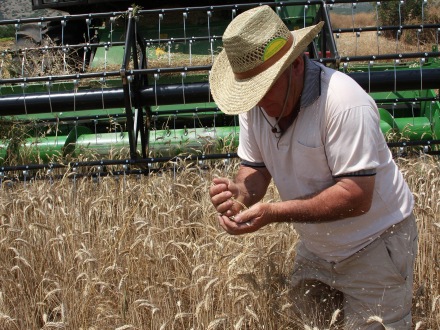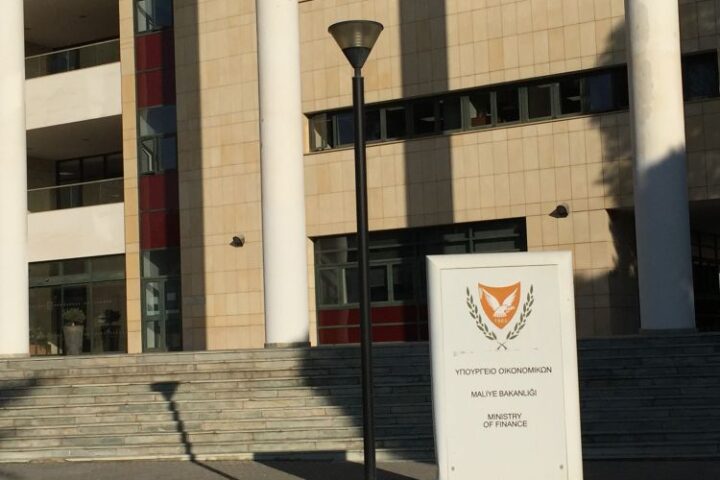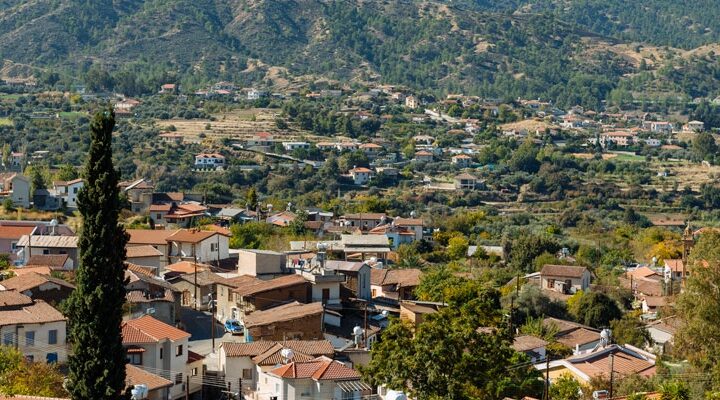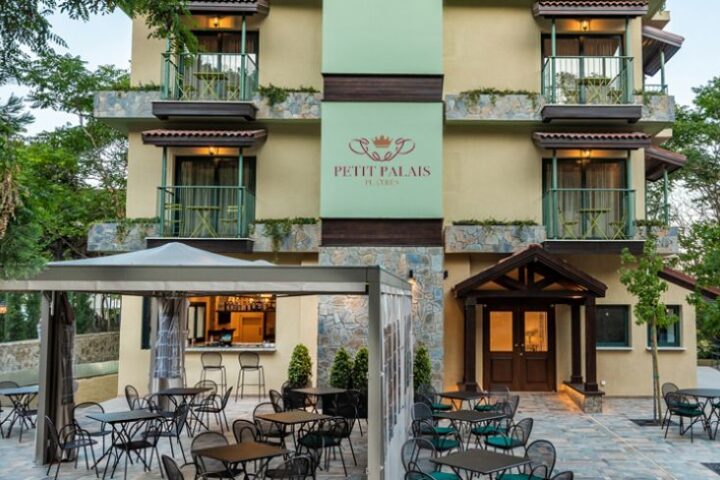.
Ever feel like the older you become the more invisible you are, deemed archaic or irrelevant while society prefers to walk around the elderly, ignoring them, pretending not to see them.
They are the pre-digital generation that WhatsApp, Instagram and twitter forgot, greying-out figures that clutter supermarket aisles, hospital wards and pay no attention to traffic signs in slow-moving vehicles.
Generation Z, the Millennials or whatever stage we are at, is about living in the fast lane, staying online, getting everything streamed on a screen so you never have to engage with another human again.
This is the digital age for a younger generation steeped in technology and endless possibilities while their techno-illiterate parents and grandparents are shunted to one side.
Cyprus can’t be considered to be at the cutting age of the digital revolution. Try buying anything from a kiosk with a contactless payment card – don’t be duped by the harbingers of a cashless society, not on this East Med rock where you won’t find an ATM machine outside city limits.
But it is moving towards an urban-centric economy that is alienated from rural areas where communities have been left to slowly die.
There is always meaningless talk about reviving rural communities while encouraging younger people to stay to ensure the cultural fabric of Cyprus remains tightly knitted together.
Vague promises never come to fruition as the harsh reality is that rural life is one where the older generation is left to fend for themselves with a lack of transport, non-existent care in the community and scarce opportunity.
It appears that old people might vote but they don’t really count if they are from the hills and valleys of our sparsely populated hinterland.
These folks are not prime consumers that will be buying expensive sports cars or flat-screen TVs, they cost money to keep warm, healthy and self-sufficient on pensions.
Village types like to take care of their own, but they could do with a modicum of help, while it wouldn’t hurt to listen once in a while.
Thus, it was unsurprising that a protest in the wine village of Pachna this week over the closure of a Hellenic Bank branch, the only one left in the region, stirred little sympathy or reaction from the government.
A government that is supposedly sensitive to the plight of the rural areas while offering incentives to keep these communities thriving and financially viable.
Around 200 local residents gathered to display their anger at being left high and dry without a bank to do their business in and not a word from anybody in government and no opposition parties fighting their corner.
Nonetheless, these are the kind of local issues that matter, that indicates whether a society cares and is willing to help those in need.
Hard economics dictate that we can’t have a bank branch on every corner (although there was a time) but Pachna is the kind of community that relied on one to encourage business and attract families to stay rather than migrate to the big bad city.
This branch served 20 communities in the wine-producing village of Limassol, surely the bank had a duty of care to serve this region. It didn’t even have the common courtesy to apologise or make contingency plans.
Hellenic Bank calmly said that Pachna would be served by its branch in Episkopi – some 30 kilometres away as the crow flies and no single bus journey will get you there. It would be quicker to fly to Greece.
The bank blamed the decision to close the branch on ‘rationalisation’ as if people could be moved around like pieces on a chessboard
For good measure, these hardened rural residents have no proper public transport network, no banks, poor access to state services, no future, no fast internet and nobody who will listen.
If you want to live among the trees, clean air and streets with no names, Cyprus rustic life has a price tag attached.
When the government dumped the badly managed failed Co-op bank, selling the good bit for a song to Hellenic, it should have specified that the new owners had a legal responsibility to serve the local communities even at a loss.
I know this sounds a lot like socialism, but the yardstick by which banks serve local communities cannot simply rely on the profit motive – people’s lives should not be converted into hard currency.
Like it or not, banks are also a sign that a village is alive and kicking, providing a meeting place where people can engage, talk to friends while waiting in the queue, feel part of a community instead of lonely and isolated.
After greedy casino bankers nearly burnt this country to the ground, they could at least show some compassion for the rural outposts of civilisation where people-to-people transactions are still cherished.
Swipe cards, digital wallets, mobile banking, paperless business may be part of an impending brave new world but that doesn’t explain why bank queues are getting longer with rural villagers denied the privilege of standing in line. Take that to the bank.










